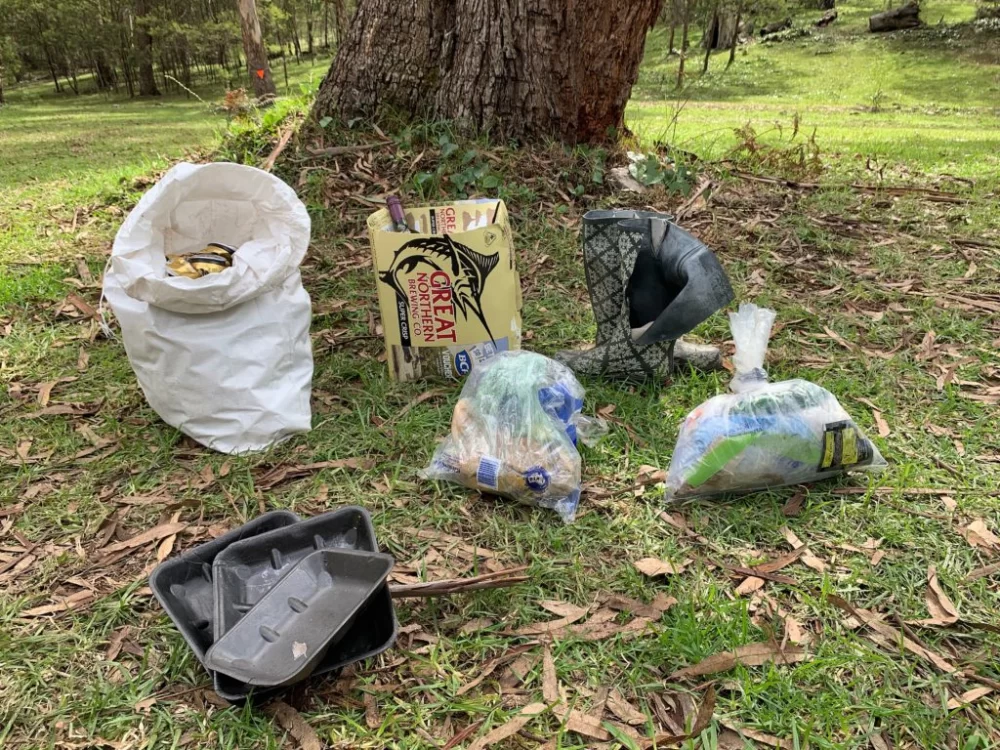Learn the best practices for managing food waste while camping. Discover eco-friendly camping tips, sustainable solutions for reducing food waste, and practical strategies for a cleaner, greener outdoor adventure.

Best Practices for Managing Food Waste While Camping
- The Importance of Managing Food Waste While Camping
- Planning Your Meals for Minimal Waste
- Eco-Friendly Food Storage Ideas
- Composting and Recycling While Camping
- Real Camping Experiences and Tips for Food Waste Management
1. The Importance of Managing Food Waste While Camping
When you venture into the great outdoors, one of the most important aspects to consider is the impact your presence has on the environment. Food waste is a significant contributor to the environmental footprint of camping. By adopting best practices for managing food waste, campers can reduce their environmental impact and leave nature pristine for others. Proper food waste management involves both minimizing the amount of waste generated and dealing with waste responsibly when camping.
2. Planning Your Meals for Minimal Waste
One of the easiest and most effective ways to manage food waste is through meal planning. By planning your meals ahead of time, you can estimate exactly how much food you'll need, avoiding the excess that often ends up being thrown away. Start by bringing just the right amount of perishable foods that will be used up before they spoil. Simple, easy-to-cook meals and snacks work best in these situations. Consider opting for dehydrated meals or freeze-dried ingredients that take up less space and are less likely to spoil quickly.
Real Camping Example:
Take John, an avid camper from Oregon, who began his food waste management journey by only bringing shelf-stable, non-perishable items like pasta, rice, and beans. He also used reusable food containers to store snacks and leftovers, ensuring nothing went to waste. This not only minimized his food waste but also helped him lighten his load on the trail.
3. Eco-Friendly Food Storage Ideas
Proper food storage is essential for reducing food waste while camping. Instead of relying on single-use plastic bags or containers, opt for reusable solutions. Glass containers, silicone bags, and beeswax wraps are eco-friendly alternatives that will help you keep food fresh and reduce plastic consumption. Additionally, investing in a good cooler with adequate insulation will help keep perishable items safe and fresh for longer periods, minimizing the chances of spoilage.
Tip:
Invest in stackable containers and collapsible coolers. These space-saving solutions make packing and storing food easier while helping to maintain freshness.
4. Composting and Recycling While Camping
Managing food waste while camping doesn't end with careful meal planning and food storage. Composting organic waste, such as fruit peels, coffee grounds, and vegetable scraps, is a great way to reduce your environmental footprint. Many campsites now offer composting facilities, or you can bring your own small composting container. Remember to dispose of any non-organic waste, like plastic wrappers or aluminum cans, at recycling stations provided by the campground or take it home with you for recycling.
Real Camping Example:
Mary and her family, frequent campers in the Rockies, bring a compact compost bin for organic waste. They’ve found that not only does it help them reduce waste, but it also enriches the soil when they use the compost in their garden at home.
5. Real Camping Experiences and Tips for Food Waste Management
Real camping experiences reveal how small changes can make a big difference in food waste management. Whether it's packing reusable cutlery, opting for biodegradable soaps, or choosing minimal packaging for food, these thoughtful decisions lead to a greener camping experience. Eco-conscious campers like Sarah, who hiked through the Appalachian Trail, recommend using a food waste tracker to monitor and optimize your meals during the trip. Not only does it help reduce waste, but it also improves the overall efficiency of your camping experience.
By following these best practices, you can have a rewarding camping trip while minimizing your environmental impact. Taking responsibility for food waste while camping not only makes your outdoor adventures more sustainable but also preserves the natural beauty of the places you visit.
Ready to embark on your next eco-friendly camping adventure? Learn more about sustainable camping practices, book a trip, and explore the wilderness with a clear conscience!
Deschutes NF-Cascade Lakes Area
Bend, OR 97701, USA
Visit Location PageNew Shady Rest Campground
Sawmill Cutoff, Mammoth Lakes, CA 93546, USA
Visit Location Page